Hamish Renton, managing director of food and drink industry consultancy HRA, looks at whether launches such as an organic bakery case from Pidy could represent a tipping point for organic baked goods in the UK
Organic is an interesting concept and has a different resonance with consumers depending on the category. In some it is a by-product of modern grocery distress, mopping up generalised concerns about food, farming and our modern supply chain.
Consumers fret over origin and contamination because of the impact it may have on our health and that of our children. As a result, organic is most potent where it is closer to the raw material: primary agriculture. Scandals like Horse-gate, hormone-stuffed poultry, plastic-digesting mussels and antibiotic-infused supply chains resonate because they are linked to disturbing health.
Now, consider bagels, plant bread or pastry cases. Are we worried if someone switches the flour from origin A to origin B? Or uses a different type of butter? Or switches the salt from, say, Hebridean to imported table salt?
Clearly, we don’t share the same underlying concerns about bakery category safety as we do about primary agriculture – meat, fish and poultry. Bakery has a justifiably proud safety record and many people work hard to keep it that way. What’s the worst that could happen with an inorganic croissant or sourdough loaf?
Within bakery, pastry cases lie at the indulgent end of the spectrum – a desirable product whose use shows the thoughtfulness and skills of the user. The organic pastry case, such as the one recently launched by Pidy, has found a niche within a niche.
But the problem arises with an ambition to maintain its organic status through its use. To achieve this, it demands the whole organic shebang – organic pastry case, organic cream, organic fruit, organic sweetener. Would an organic fruit tart composed of all organic ingredients be more persuasive to shoppers than an organic pastry case? I’d be persuaded to purchase an organic raspberry tart, at least more so than an organic case filled with ‘inorganic’ strawberries.
For a growing number of shoppers, organic is key, so organic pastry enables the exercise of ‘positive life choices’, the marching cry of the 21st-century lifestyler. So in a niche category which in and of itself doesn’t have much deeper resonance in the wider bakery market, organic pastry cases represent an interesting and progressive execution.
But to reach the tipping point in bakery, we need more organic sourdough, more plant bread, more points of difference and, yes, more organic pastry cases.

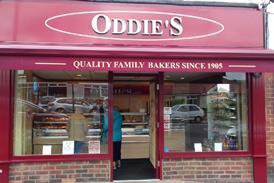

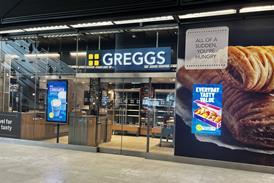

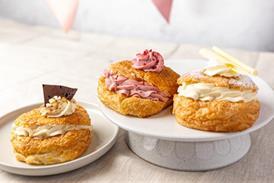
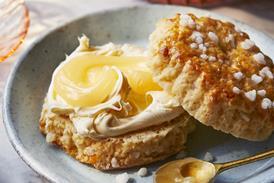
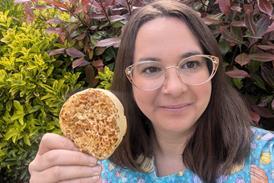
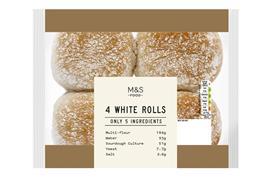



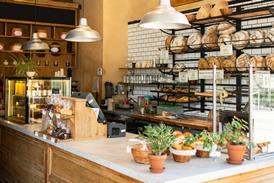



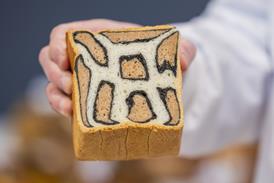
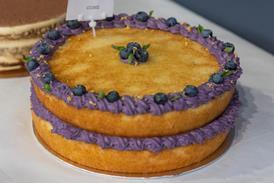
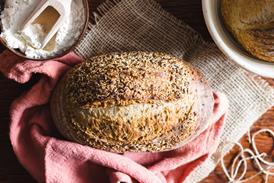


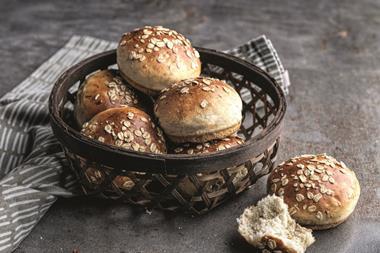
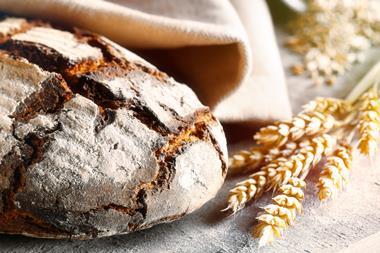

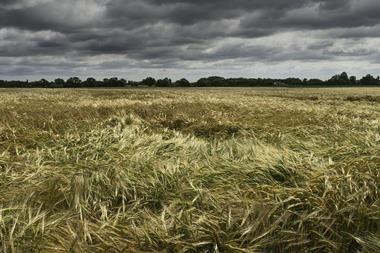

No comments yet